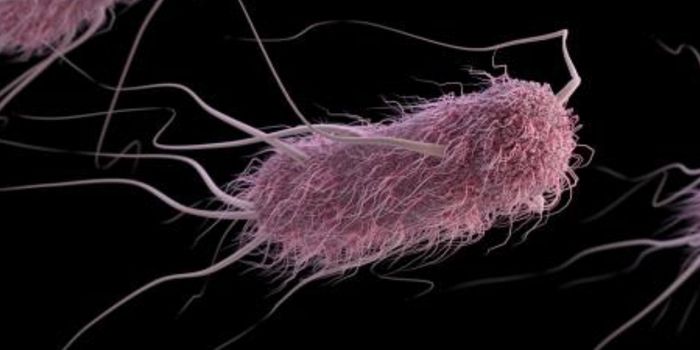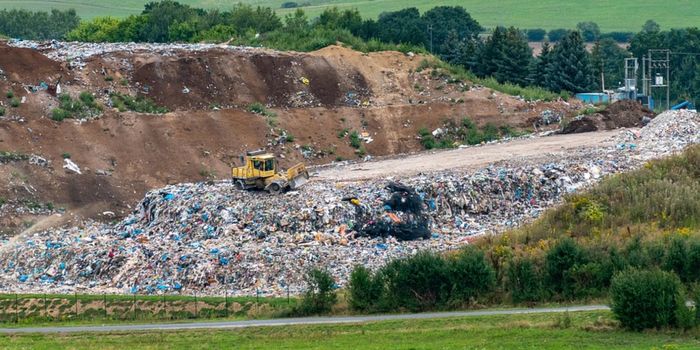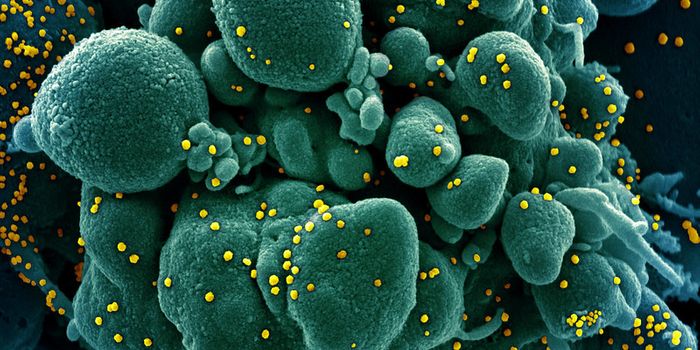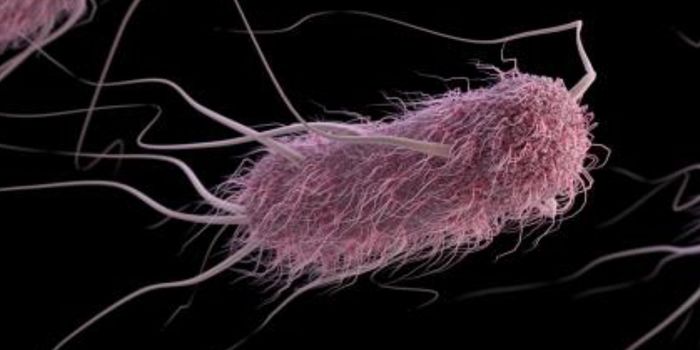Emergency Declared: Cholera Outbreak in Zimbabwe
The waterborne bacterium Vibrio cholerae has been spreading cholera in contaminated water since the 1800’s. While sanitation has improved in many parts of the world, outbreaks still happen, and they can be deadly. An outbreak currently affecting Zimbabwe has already killed 25 people, and in the country’s capital Harare, the disease is expected to spread. Learn more from the video.
The World Health Organization (WHO) announced that it is "scaling up its response" in an attempt to get control of the outbreak. The WHO added that the illness is "expanding quickly in Harare,” where over two million people live.
"There are now 3,766 cases. The number of deaths is now 25," Health Minister Obadiah Moyo said. There has been one death recorded in the southeast district of Masvingo, which is outside the capital.
"When cholera strikes a major metropolis such as Harare, we need to work fast to stop the spread of the disease before it gets out of control," said Matshidiso Moeti, WHO regional director for Africa.
Infection with the vibrio bacterium causes watery diarrhea and vomiting; the resulting dehydration can be fatal if it is not treated. There are millions of cases every year, which are usually cured with antibiotics.
In the Zimbabwe outbreak, however, first-line drugs are not doing a good job of treating the disease; it has spread to five of ten provinces so far; ciprofloxacin and ceftriaxone are not working, and an alternative, azithromycin, is not available. The WHO recommends investigating the efficacy of new antibiotics immediately.
In an effort to reduce the number of affected individuals, public gatherings have been banned in Harare. The health ministry is supervising burials. Other public events have been cancelled or postponed. Health personnel that are treating the sick are working with limited supplies, medicine shortages, and infrastructure problems, all of which will make dealing with this outbreak more challenging. Zimbabwe is a place, however, that has repeatedly had to deal with cholera outbreaks. The new president, President Emmerson Mnangagwa has pledged to deal with this issue; he recently became president after the country finally ousted Robert Mugabe, who ruled since 1980.
UNICEF recommends regular hand washing, preparing food properly, and drinking only clean water to prevent the spread of cholera. There are many efforts being made to deal with this issue.
“Partners are already there and are establishing a cholera treatment center. WHO is preparing material for patients care as well and is mobilizing cholera experts,” WHO spokesman Christian Lindmeier told Reuters.
Sources: MedicalXpress, WHO, Reuters








